What is the date of Winter Solstice and what are its customs? Introduction to Winter Solstice
Winter Solstice is one of the important traditional festivals in China, usually falling on December 21st or 22nd every year. This festival has a long history and rich cultural connotations. The following is an introduction to the date of Winter Solstice and some related customs.

According to historical records, Winter Solstice can be traced back to the Zhou Dynasty. At that time, people believed that Winter Solstice was the coldest time of the year. To keep warm, they would wear new cotton-padded clothes on this day to welcome the arrival of winter. Over time, Winter Solstice gradually became an important traditional festival.
On the day of Winter Solstice, people have many other customs and activities. For example, some people in some places will eat dumplings, tangyuan and other foods on this day to celebrate reunion and warmth. Some people will also participate in "winter swimming" activities on this day to exercise their bodies and enhance their willpower. In addition, some people will worship their ancestors and burn incense to Buddha on the day of Winter Solstice to express their respect and gratitude to their ancestors and gods.
Apart from that, there are also some folk customs related to the natural environment on Winter Solstice. For example, in some southern regions, people will eat pomelo on the day of Winter Solstice because pomelo symbolizes peace and good luck. While in some northern regions, there is a saying that "eating dumplings on Winter Solstice can prevent hands from freezing" because the shape of dumplings is like a treasure coin, symbolizing wealth and good luck.
In conclusion, Winter Solstice is a very important traditional festival, representing people's awe and gratitude towards life and nature. By understanding and studying such historical events, we can better appreciate the profound and extensive Chinese traditional culture, and also better understand and respect the differences between different cultures.
Disclaimer: The above content is sourced from the internet and the copyright belongs to the original author. If there is any infringement of your original copyright, please inform us and we will delete the relevant content as soon as possible.
Guess you like it
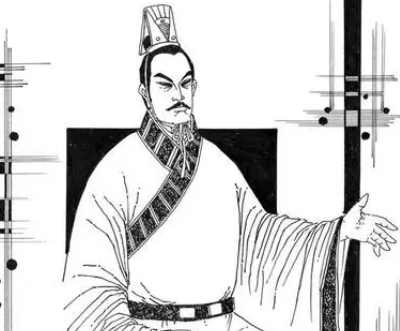
Guo Tai, a wise man during the Eastern Han Dynasty
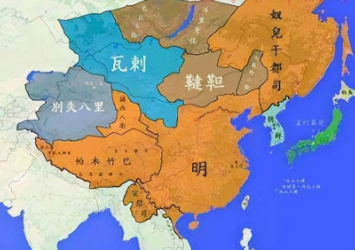
When did the Warla perish? Who destroyed the Warla?

The masterminds behind the Qin State: Lady Huayang and Lu Buwei

Is the Lantian Man really earlier than the Peking Man? How is it recorded?

Dou Yifang and Liu Heng: A love story spanning thousands of years
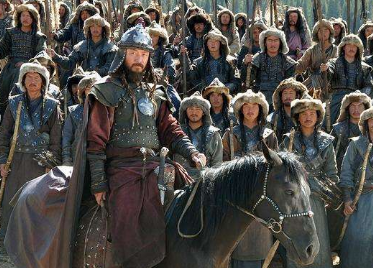
How do you pronounce "Wǎlà"? What is the correct pronunciation of "Wǎlà"?

What is the relationship between Qin Shi Huangs death and Zhao Gao? What is the statement?
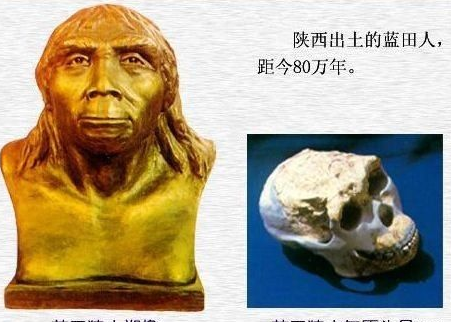
What does Lantian Man look like? What is their appearance?
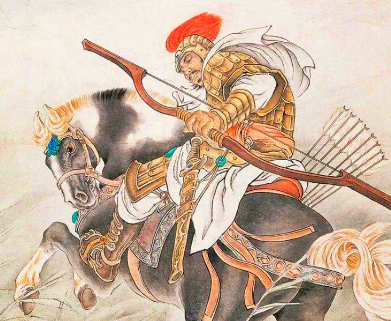
What are the poetic lines related to General Li Guang, the Flying General? How to appreciate them?
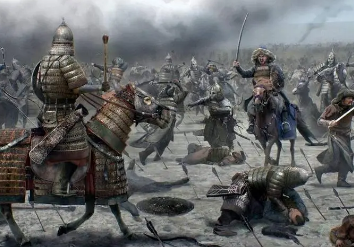
What nationality are the Warla people? What does the term "Warla" mean?









